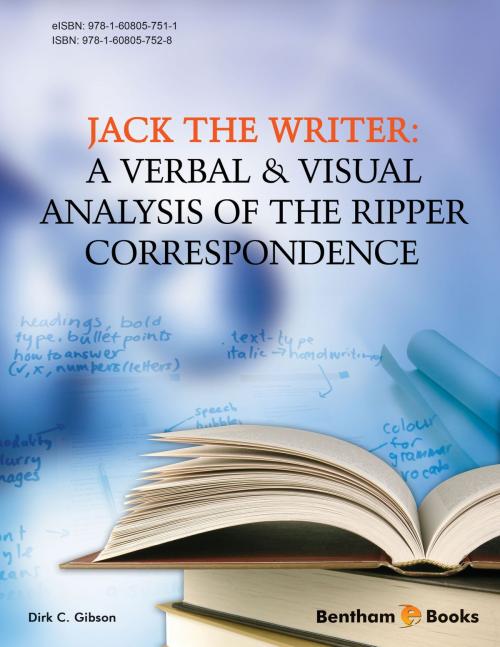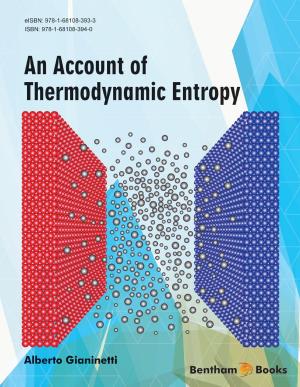Jack the Writer: A Verbal & Visual Analysis of the Ripper Correspondence
Nonfiction, Social & Cultural Studies, True Crime, Murder| Author: | Dirk C. Gibson | ISBN: | 9781608057511 |
| Publisher: | Bentham Science Publishers | Publication: | September 3, 2013 |
| Imprint: | Bentham E-Books | Language: | English |
| Author: | Dirk C. Gibson |
| ISBN: | 9781608057511 |
| Publisher: | Bentham Science Publishers |
| Publication: | September 3, 2013 |
| Imprint: | Bentham E-Books |
| Language: | English |
The story of the unidentified serial killer in Londons Whitechapel district - known as Jack The Ripper – has been the subject of interest to researchers for over 120 years. The name ascribed to the individual was from a letter sent to the Central News Agency in London on 27 September 1888. Initially thought to be a hoax, the letter gained much publicity when the writers promise of clipping a ladys ears off manifested after the discovery of the body of Catherine Eddowes with an ear lobe severed, 3 days after the letter was received. Several letters followed this and borrowed elements from the earlier correspondences. Jack the Writer: A Verbal & Visual Analysis of the Ripper Correspondence is a different approach to the subject of Ripperology. In this book, the author, Dirk Gibson, provides a quantitative content analysis of the letters. Gibson first grounds this study of the Jack the Ripper letters in an analysis of the legitimacy of the documents. The dialectic method is used to carefully consider the authenticity of these letters. The largest extant collection of Jack the Ripper letters is provided in this book, approximately 250 in number. The most significant part of this book is a trio of content analyses quantifying the themes, subjects, people and linguistic mannerisms mentioned in the Ripper letters; the analyses describe precisely what was and was not in these missives. The letters are described and presented in the context of their content, with the valid letters presented in chronological order. Jack the Writer: A Verbal & Visual Analysis of the Ripper Correspondence will give readers, whether generally interested in the ripper correspondence or undertaking courses in criminology or abnormal psychology, a glimpse of the cultural context of a serial murderers communication with the public and the press in Victorian times.
The story of the unidentified serial killer in Londons Whitechapel district - known as Jack The Ripper – has been the subject of interest to researchers for over 120 years. The name ascribed to the individual was from a letter sent to the Central News Agency in London on 27 September 1888. Initially thought to be a hoax, the letter gained much publicity when the writers promise of clipping a ladys ears off manifested after the discovery of the body of Catherine Eddowes with an ear lobe severed, 3 days after the letter was received. Several letters followed this and borrowed elements from the earlier correspondences. Jack the Writer: A Verbal & Visual Analysis of the Ripper Correspondence is a different approach to the subject of Ripperology. In this book, the author, Dirk Gibson, provides a quantitative content analysis of the letters. Gibson first grounds this study of the Jack the Ripper letters in an analysis of the legitimacy of the documents. The dialectic method is used to carefully consider the authenticity of these letters. The largest extant collection of Jack the Ripper letters is provided in this book, approximately 250 in number. The most significant part of this book is a trio of content analyses quantifying the themes, subjects, people and linguistic mannerisms mentioned in the Ripper letters; the analyses describe precisely what was and was not in these missives. The letters are described and presented in the context of their content, with the valid letters presented in chronological order. Jack the Writer: A Verbal & Visual Analysis of the Ripper Correspondence will give readers, whether generally interested in the ripper correspondence or undertaking courses in criminology or abnormal psychology, a glimpse of the cultural context of a serial murderers communication with the public and the press in Victorian times.















